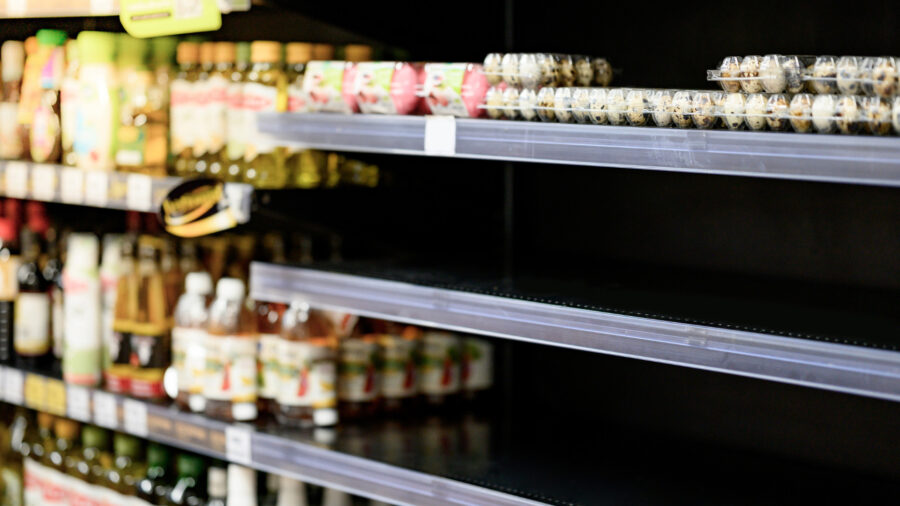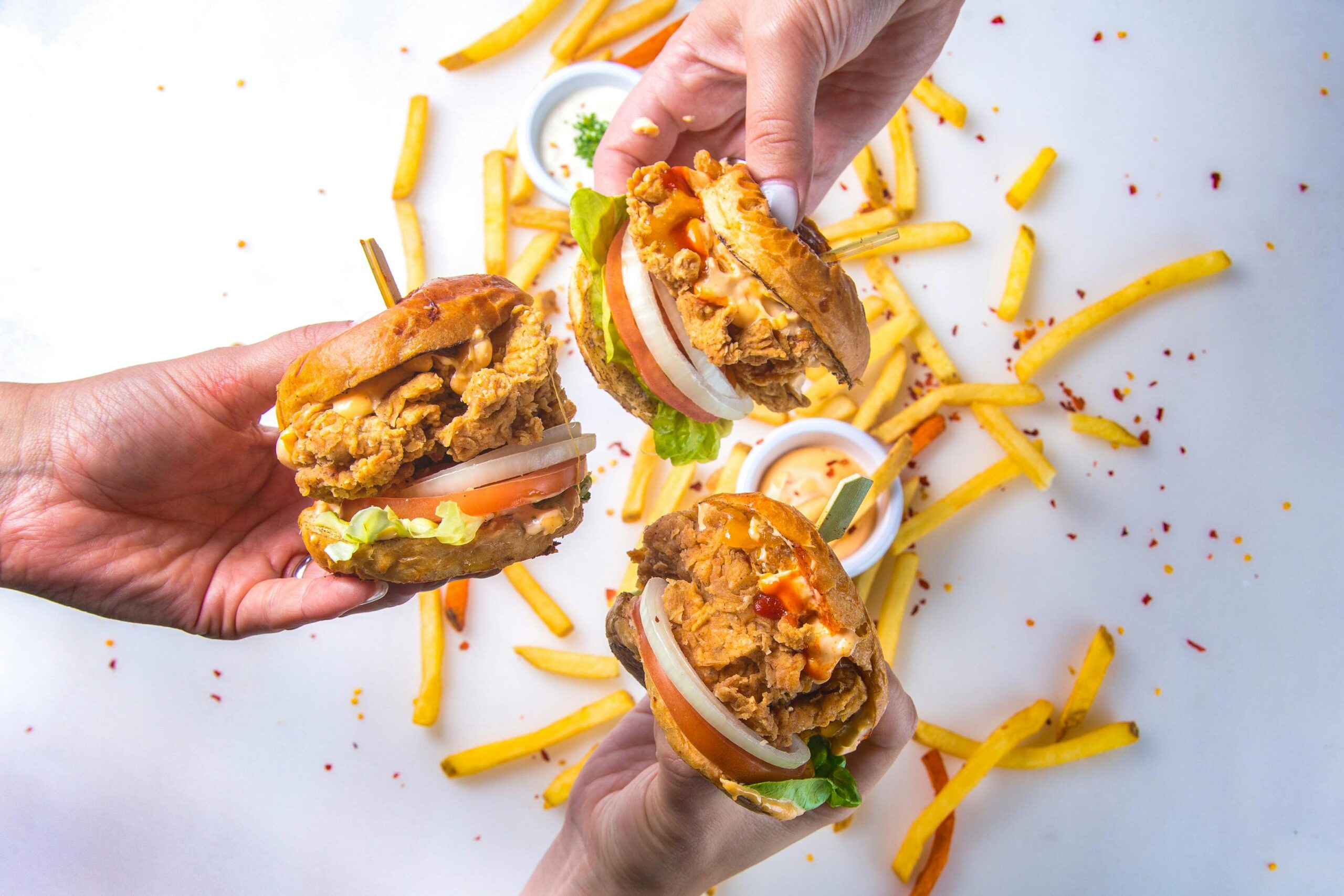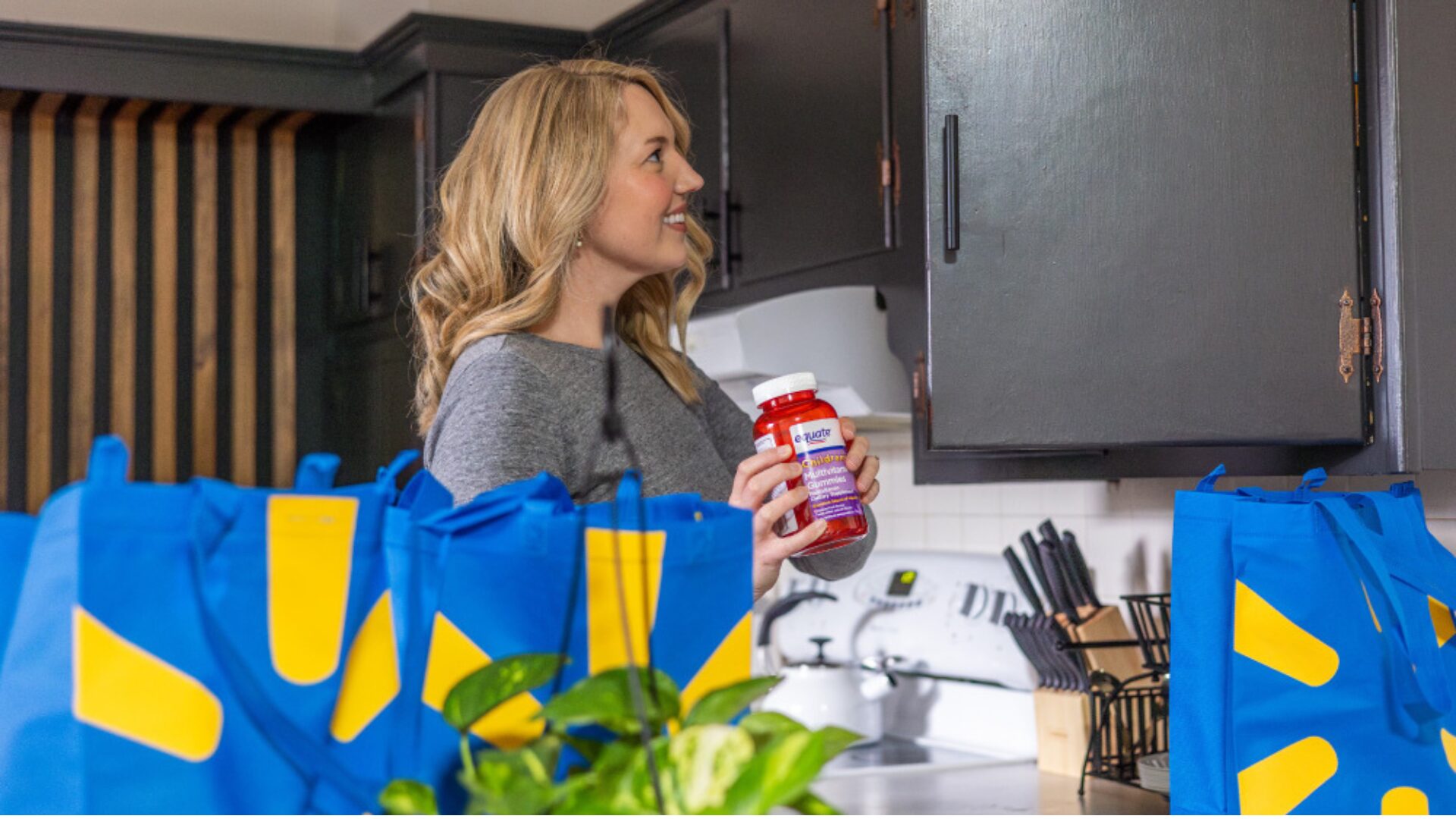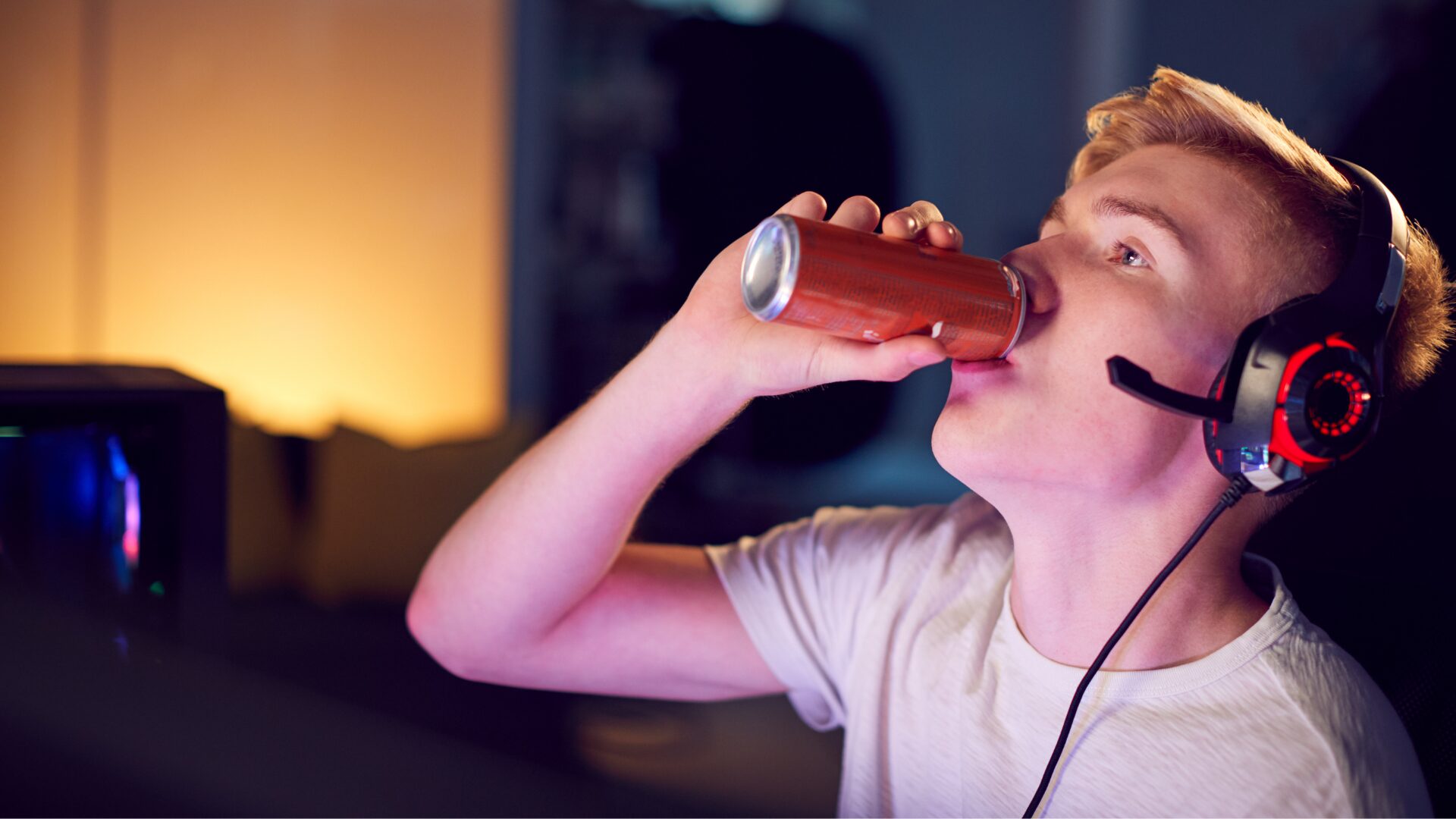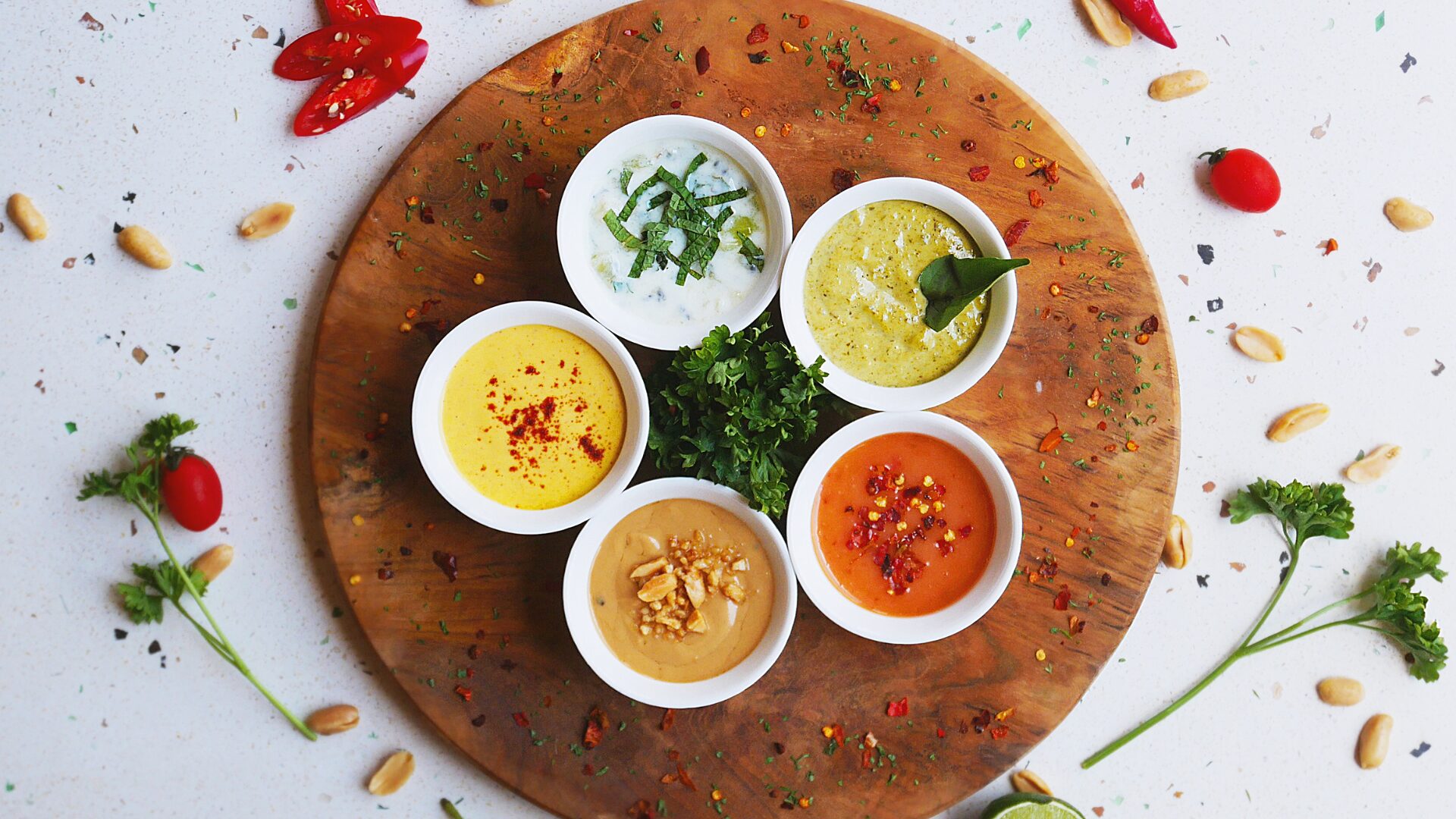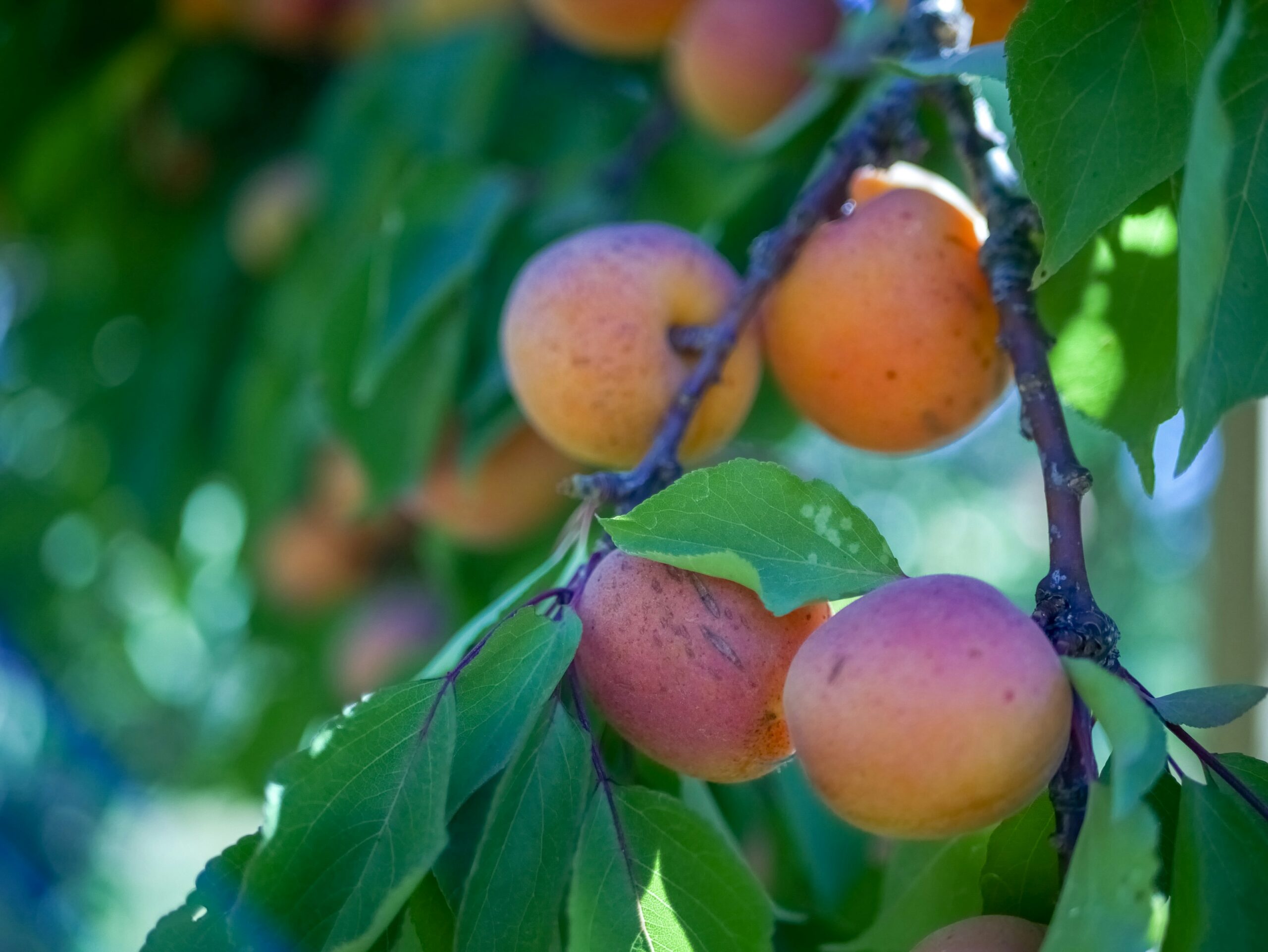Add condiments and corn to the abundance of shortages from the international supply chain crises. Australia’s low on lettuce, the Philippines are short on sugar, and sunflower oil is scarce in Spain, Bloomberg reported.
Inflation, geopolitics, packaging and climate change are all to blame, according to warnings about availability of staples this summer, from German beer to America’s trademark hamburger and hot dog toppings.
NOT SO COMMON CONDIMENTS
The Nature Food journal is predicting a decline in tomato production in the coming years as temperatures rise, which could make ketchup, tomato paste and tinned tomatoes more expensive, as Mirror warns.
Mustard and sriracha are facing the same threat with droughts decreasing mustard seed yields in Canada and France and chili pepper growth in Mexico, Insider reported.
“Another major supplier of mustard seeds, Ukraine, is unable to grow and harvest large quantities of mustard seeds due to the Russian invasion,” Patrick Penfield Ph.D., Professor of Practice – Supply Chain Management at Syracuse University, told The Food Institute. “You could see an increase in price of 50% for yellow mustard and a 75% increase in price for Dijon mustard in 2022.”
POPCORN’S NEXT
Corn joins wheat and other grains strained by the war in Ukraine with rising costs adding to agricultural deficiencies, Arizona farmer Jon Post explained to KGUN9. The entire ecosystem is affected: fertilizer, animal feed, corn byproducts and meat.
Penfield explained the situation thusly:
“Part of it is due to farmers switching to growing more profitable food commodities and the reopening of movie theaters and live events that have concession stands. In addition to popcorn, many companies are also having a challenging time trying to find concession stand containers such as cups, lids, and tubs. Prices will rise from 10-20% this year, and we expect the popcorn/concession container shortage to continue throughout 2022.”
INDUSTRY-WIDE FACTORS
Meanwhile, shipping containers are delayed and drastically more expensive, affecting internationally sourced packaging materials like Styrofoam and films, Food Engineering explained.
German breweries are pleading with the public to return glass bottles, as Ukraine supplies glass and bottle costs (along with barley) have soared amid the war, The New York Times reported.
Chicago communications company RRD surveyed 300 packaging decision makers in the spring to inform strategies for compounding these challenges, finding 90% have changed how they source packaging — most diversifying suppliers, some consolidating. Most (81%) had changed packaging design and 36% were willing to change materials.
Consumers are making changes, too. Of more than 2,000 surveyed by decision intelligence company Morning Consult, more than half say they’ve changed how they eat and drink in response to inflation, 80% of those respondents are dining out less, and 75% are limiting bar patronage.


